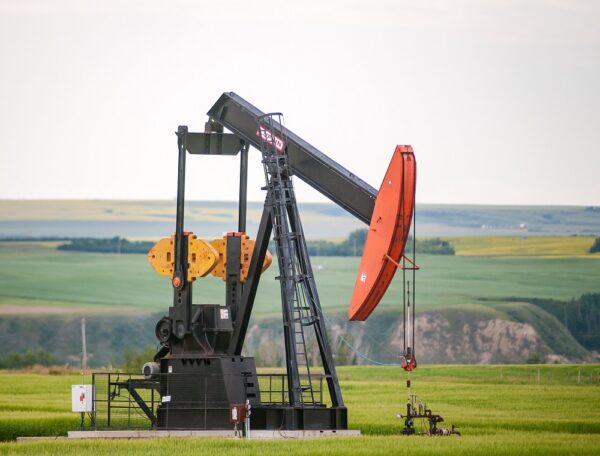The looming specter of an expanded conflict in the Middle East has reignited discussions about the possibility of $100-a-barrel oil, The Wall Street Journal reports. However, while tensions escalate, Wall Street analysts are looking beyond the immediate turmoil to assess the potential trajectory of crude prices in the region.
The Organization of the Petroleum Exporting Countries (OPEC), led by Saudi Arabia, along with its allies, including Russia, has implemented production cuts in recent years, reducing the supply of oil by millions of barrels per day.
Despite concerns about escalating conflict, investors remain optimistic that the spare capacity maintained by these countries could mitigate a drastic surge in crude prices, thus shielding consumers from a significant inflationary impact.
According to the Wall Street Journal, global benchmark prices have surged by 23% since mid-December, nearing the highs witnessed in 2023. This upward trend has translated into increased costs for everyday essentials such as commuting, shipping goods, and agricultural operations, contributing to inflationary pressures in the United States.
The Federal Reserve, which aims to maintain stable prices and maximum employment, faces challenges as the economy continues to grapple with higher inflation rates than desired.














